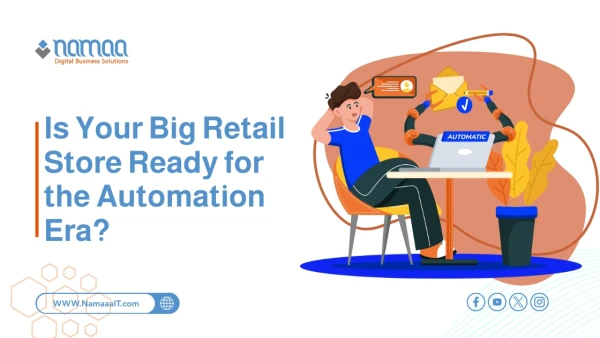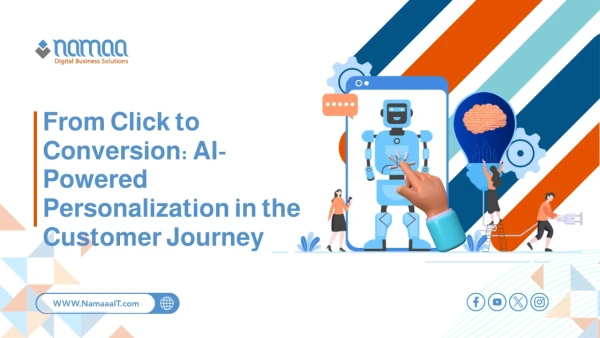In a time when commerce is rapidly evolving into smarter, more personalized digital experiences, the concept of Artificial Intelligence (AI) in Arabic e-commerce emerges as a transformative force redefining how buying and selling take place online across the Arab world. This isn’t just about implementing advanced technologies—it requires a nuanced understanding of the Arabic language, from Modern Standard Arabic (MSA) to regional dialects, and leveraging that understanding to analyze consumer behavior and deliver highly tailored shopping experiences.
AI’s importance lies in its ability to personalize content, anticipate user needs, and enhance the customer journey—all while respecting privacy and cultural context. However, it faces real challenges: the complexity of the Arabic language, the lack of high-quality datasets, and the difficulty of building algorithms that truly grasp linguistic nuance.
What is AI in Arabic E-Commerce?
AI in Arabic e-commerce refers to the use of technologies like machine learning, natural language processing (NLP), and data analytics to understand the behavior of Arabic-speaking consumers and tailor services in both formal Arabic and regional dialects.
This goes far beyond translating a website interface—it involves building models that can read and comprehend Arabic text, interpret user intent, and generate intelligent responses with cultural and linguistic accuracy. As the digital market grows across the Middle East, Arabic-speaking AI is no longer optional—it’s a strategic necessity.
Success in e-commerce increasingly depends on communicating effectively with a diverse Arabic-speaking audience, who consume content differently than Western users. That means AI systems must be trained to handle Arabic morphology, context-driven meaning, and even subtle social cues that impact purchasing behavior.
Thus, developing AI for Arabic is not just a step in digital transformation—it’s a foundational strategy for growth in the region’s digital commerce ecosystem.
How AI Is Transforming the Arab Online Shopping Experience
AI is revolutionizing the digital shopping experience for Arabic users by shifting from a one-size-fits-all model to a fully personalized journey. Through machine learning algorithms, platforms can predict what a user wants before they even search, analyzing search history, product interactions, and even peak browsing times. When this data is processed in the user’s native language, it creates a shopping experience that feels more like a smart conversation than a static website.
For instance, platforms can recommend products tailored to seasonal habits—like Ramadan essentials or back-to-school supplies—communicated in a linguistically and culturally relevant way.
AI also speeds up the buying process with features like visual search and voice search in Arabic dialects, reducing friction and increasing engagement. When done effectively and culturally sensitively, this builds user trust and drives repeat purchases—creating a feedback loop of personalization and optimization based on real behavior.
Top Applications of AI in Arabic E-Commerce
AI applications in Arabic e-commerce are diverse and growing, tailored to specific market needs. One key application is smart recommendation engines, which suggest products based on past behavior and interests. These systems are data-driven, constantly refined, and have been shown to boost retail sales significantly.
Another powerful tool is sentiment analysis, enabling businesses to interpret customer feedback written in Arabic—positive or negative—and adjust offerings accordingly. AI is also streamlining inventory management by predicting demand trends and pre-positioning stock, avoiding shortages or overstock.
Dynamic pricing algorithms are also gaining traction, adjusting prices in real-time based on user behavior, demand, and competition—giving businesses a competitive edge. AI-enhanced product photography, including augmented reality and intelligent editing, helps display products in ways that align with shopper expectations, reducing return rates.
Do Arabic Chatbots Deliver?
While chatbot technology has advanced, Arabic support remains inconsistent in terms of quality and context awareness. Although more bots are emerging that support Arabic, many still struggle with context, syntax, and regional dialects like Gulf, Levantine, or Egyptian Arabic. Most global chatbots are trained on English data, limiting their Arabic capabilities.
However, a growing number of regional companies are building Arabic NLP-specific bots, improving performance steadily. Key features for effective Arabic bots include:
- Accurate question interpretation
- Natural, fluent responses
- Recognition of common spelling errors
- Familiarity with colloquial vocabulary
These bots are expected to handle tasks like order tracking, recommendations, and troubleshooting—all in natural Arabic. Success depends not just on translation, but on full adaptation to Arabic conversational norms and responsiveness, making them a cornerstone of effective digital customer service.
AI-Powered Offer Personalization in Arabic Online Stores
Personalized offers are one of the most effective uses of AI to increase conversion rates in Arabic e-commerce. Instead of generic deals, AI analyzes user behavior—browsing time, device type, preferred categories, and even location—to deliver tailored promotions. This technique, known as hyper-personalization, is especially impactful in culturally diverse markets like the Arab world.
For example, an e-commerce site might offer a discount on kids' clothes to a Saudi user who previously bought school uniforms, while showing kitchenware deals to a Moroccan user browsing in the evening based on their prior purchases. This approach not only boosts conversions, it builds emotional loyalty—users feel understood.
Language plays a crucial role here: crafting offers in appropriate Arabic—whether formal or dialectal—is essential to effectiveness. AI enables automated, real-time personalization, offering a major competitive advantage in the region’s fast-growing e-commerce landscape.
FAQs
1. How does AI differ from traditional e-commerce in user interaction?
Offers real-time, individualized interactions
Learns user behavior over time
Reduces reliance on human customer support
2. How does AI help combat online fraud?
Detects suspicious transaction patterns
Automatically halts risky activities
Analyzes behavior to flag anomalies
3. Can AI improve SEO for Arabic online stores?
Yes. It helps identify optimal Arabic keywords
Suggests SEO-optimized Arabic content
Tracks performance and auto-adjusts content
4. What role does AI play in improving product visuals?
Enhances image quality automatically
Removes backgrounds, adjusts colors
Suggests best angles based on user preferences
5. Is AI expensive for small businesses?
Many tools are free or low-cost
Start with simple solutions like chatbots
Long-term savings on labor and marketing
Summary
✅ Over 65% of Arabic e-commerce platforms now use AI to enhance user experience and boost sales
✅ Tools like smart recommendations and sentiment analysis have raised conversion rates by 20–30% in some Arab markets
✅ Arabic chatbot accuracy remains below 50% compared to English, underscoring the need for more local development
✅ AI-driven personalization increased average order value by 18% for stores using automated targeting
✅ Automated AI systems reduce customer support response time to under 5 seconds—far quicker than the 2–4 minute average for human replies

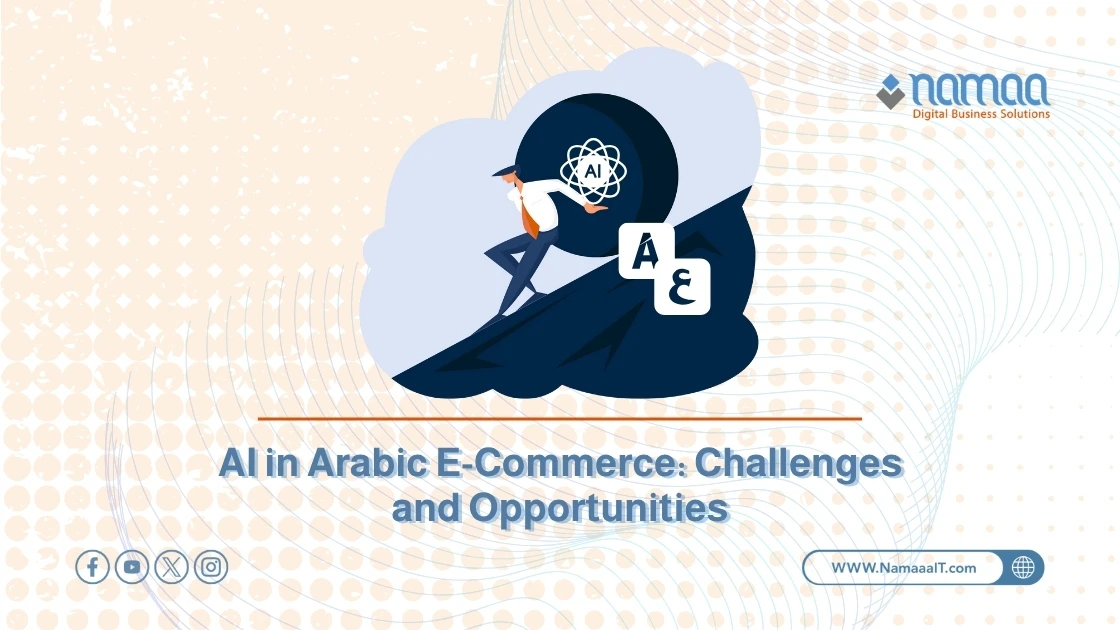


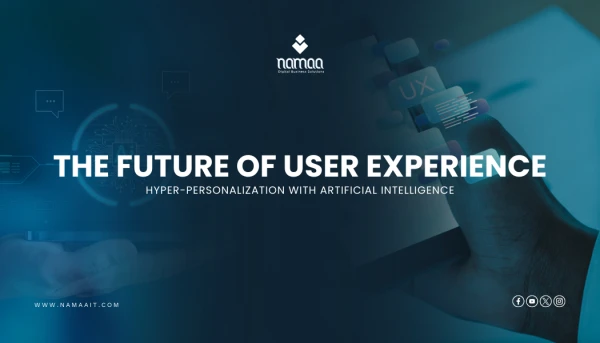
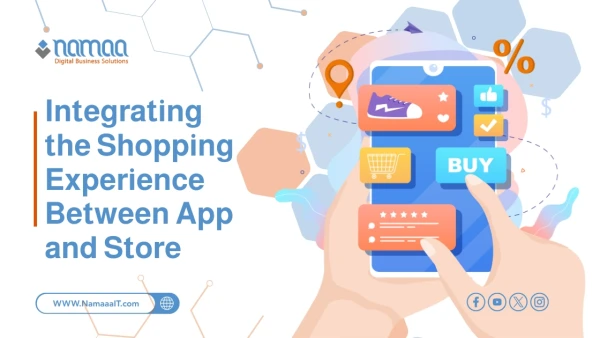
.webp)
